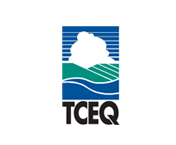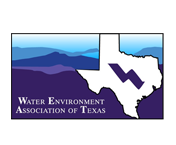For Your Information
Information Requests - Email requests to: Christine Budnik
Public Information Request Form

Help Us Protect Our System and We Will help You Save Money
Every year we spend significant funds on Preventable Maintenance for the Wastewater Treatment Facility. These costs can result in higher monthly sewer bills for the customers living in the service area.
Harmful chemicals in the sewer system can corrode pipes, damaging the collection system and kill vital organisms at the treatment facility.
Other items you put into the system via any toilet or drain can cause the pipes, manholes and pumps of our collection system to clog and allow impurities that are normally filtered to contaminate our receiving creek. It is very costly for CCMA to repair or replace the infrastructure or break permit due to improper waste removal.
- Grease
- Disposable Wipes
- Cotton Balls
- Q-Tips
- Rags
- Hygiene Products
- Plastics
Disposal of Fats, Oil and Grease
Fats, oils, and grease—FOG—comes from meat fats in food scraps, cooking oil, shortening, lard, butter and margarine, gravy, and food products such as mayonnaise, salad dressings, and sour cream. FOG poured down kitchen drains accumulates inside sewer pipes. As the FOG builds up, it restricts the flow in the pipe and can cause untreated wastewater to back up into homes and businesses, resulting in high costs for cleanup and restoration.
Useful Links
- Keeping Fats, Oils, and Grease out of the Sewer System
- Reducing Fats, Oils, and Grease in Your Home or Apartment
- Grease: The Real Monster Growing Inside Your Sewer System
Disposal of Medications, Pesticides and Other Household Hazardous Waste
Some consumer products contain chemicals that can present safety concerns if used or disposed of improperly. These materials are often called household hazardous wastes (HHW) and can include items like:
- Corrosive cleaners (such as lye-based oven cleaner)
- Drain cleaner
- Fuels (gasoline, propane, diesel)
- Paints (oil-based or some anti-mildew latex)
- Medications
- Pesticides
- Pool chlorine and acid
- Wood stains or varnishes





